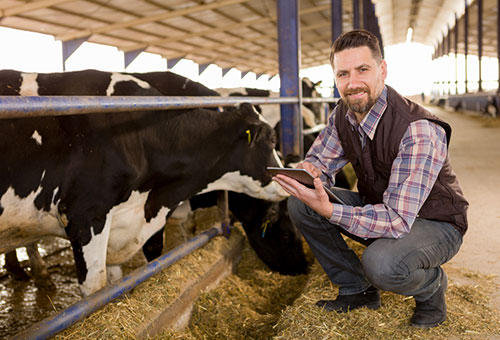CLASSES
Take a class at Fox Valley Tech for fun, personal enrichment or career development. Find classes in any location during any time of the day. We have hundreds of classes to fit your budget, schedule and learning style.
CATEGORIES
Sorry, no results were found. Please check back later.
Provides fundamental knowledge of the animal science field. Topics include animal health, animal environments, anatomy and physiology, genetics and reproduction, animal feedstuffs, and job-related safety. Students will experience animal concepts through the completion of hands-on activities.
Spend a morning on the farm! In this course, you’ll learn about keeping chickens, ducks and turkeys. Topics covered will include benefits of raising backyard poultry, legal considerations, basic care, and health and biosecurity. You’ll also observe a demonstration of safe poultry handling, feeding and watering routines, and observing for illness.
Provides intermediate beekeeping instruction and is intended for those who have been keeping bees for at least a year; the course builds upon content from our Beginning Beekeeping class. Students in this course will learn about colony management in year two and beyond, including various ways to do a split, requeening, swarming, conducting an autopsy on a dead hive, varroa mite monitoring, mite management including treatment options, and overwintering of bees.
In this beginning beekeeping class, learners will explore honeybee biology, beekeeping equipment and tools, colony management throughout the year, including overwintering, pest control and honey harvesting and extraction. This class is well-suited for those who are interested in starting to raise bees or those in their first couple years of beekeeping.
Prepares youth ages 12–16 to meet certification requirements under Wisconsin Act 455 to operate tractors and farm machinery for their own family on public roads. The course also fulfills U.S. Department of Labor provisions for youth ages 14–15 employed on farms other than their family’s. Instruction covers equipment safety, hazard recognition, basic maintenance, and the legal responsibilities of machinery operation. Students gain experience through a combination of classroom instruction, hands-on activities, and practical driving exercises.







